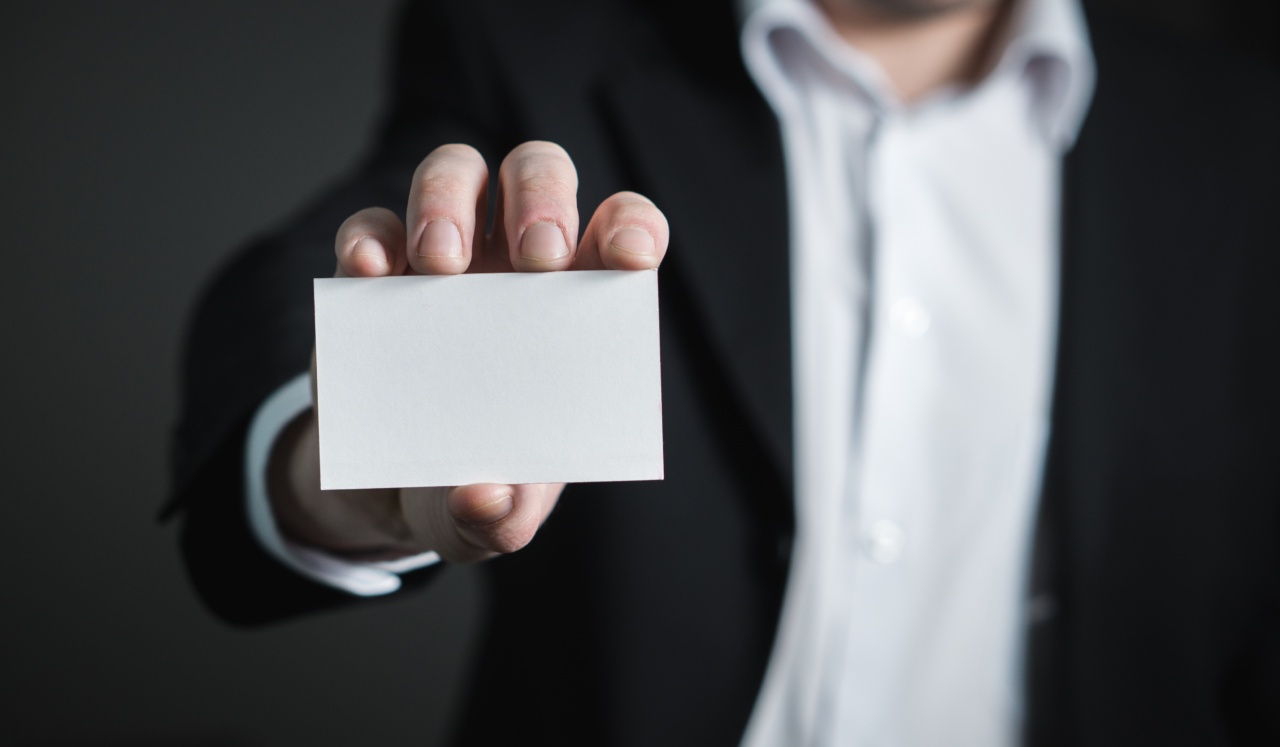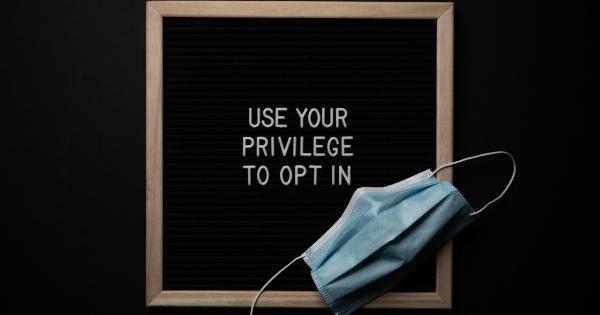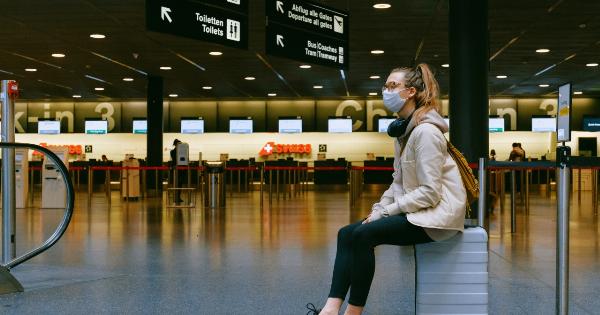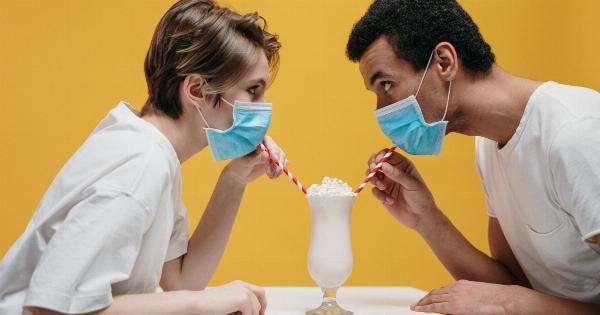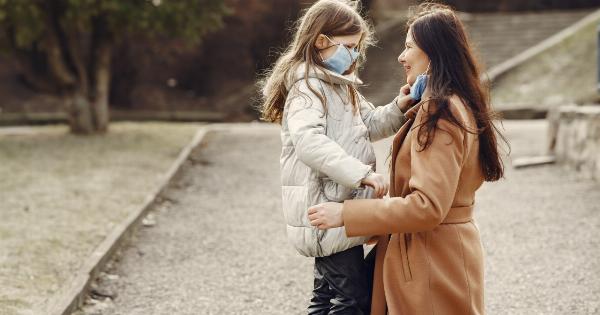Sneezing is a natural reflex of the body that helps to expel irritants or foreign particles from the nose. It is an involuntary action triggered by various factors such as allergies, infections, or even exposure to bright light.
While sneezing is considered a healthy response, many people wonder if it is necessary to hold in their sneezes. This article will explore the advantages and disadvantages of holding in our sneezes and provide insights into the potential risks involved.
Understanding the sneezing process
Before delving into the topic of whether or not we should hold in our sneezes, it’s essential to understand the sneezing process and why it occurs.
Sneezing begins with a stimulation of the nerve endings inside our nasal passages, typically caused by irritants. This stimulation sends a signal to the brain, which in turn triggers the muscles involved in sneezing to contract forcefully. As a result, air, and sometimes mucus, are pushed out through the nose and mouth, providing relief from the irritation.
The advantages of allowing a sneeze
Allowing a sneeze to occur naturally without inhibiting it can have several benefits. When we sneeze freely, irritants and potentially harmful substances get expelled from our nasal passages, helping to keep our respiratory system clean.
Sneezing also provides relief by clearing congestion, reducing pressure within the sinuses, and preventing the build-up of excess mucus.
The forceful expulsion of air during a sneeze is beneficial because it allows the body to eliminate irritants efficiently.
When we hold in a sneeze, the pressure that builds up inside the nasal passages and sinuses can have negative consequences, such as forcing irritants deeper into our respiratory system. This can potentially lead to respiratory infections or trigger allergic reactions.
The potential risks of holding in our sneezes
Although holding in a sneeze might seem like a harmless act, it can sometimes lead to unexpected complications. One of the primary concerns is the backward flow of air and mucus towards the middle ear.
The Eustachian tube, responsible for equalizing air pressure in the middle ear, can become blocked or damaged when we forcefully inhibit a sneeze. This blockage can lead to pain, temporary hearing loss, or even middle ear infections.
Another risk of holding in sneezes is the potential damage that can occur within the blood vessels of the eyes. Sneezing involves a sudden increase in intraocular pressure, which is necessary for the expulsion of irritants.
By holding in a sneeze, this pressure can build up and cause damage to small blood vessels, leading to a condition known as subconjunctival hemorrhage. While this is usually harmless, it can be alarming and cause temporary vision changes.
When should we hold in our sneezes?
While it’s generally advisable to allow sneezes to occur naturally, there are a few instances where holding in a sneeze may be necessary, such as in specific social situations.
For example, during formal gatherings or meetings, it might be more appropriate to suppress a sneeze to avoid interrupting or disturbing others. In these cases, it’s important to adopt proper sneezing etiquette, such as covering the mouth and nose with a tissue or the crook of the elbow to minimize the spread of germs.
Tips to minimize the need for holding in sneezes
Instead of habitually inhibiting sneezes, there are measures we can take to minimize the risks associated with sneezing while still being respectful of our surroundings:.
- Maintain good respiratory hygiene: Cover your nose and mouth while sneezing with a tissue or your elbow to prevent the spread of germs.
- Practice regular hand hygiene: Washing hands frequently and using hand sanitizers can help reduce the risk of spreading infections.
- Identify and avoid triggers: If you notice that certain irritants or allergens trigger excessive sneezing, try to minimize your exposure to them.
- Consider medical intervention: If your sneezing is persistent, uncontrollable, or affecting your quality of life, consult a healthcare professional who can diagnose and manage the underlying cause.
Conclusion
Sneezing is a natural and necessary bodily function that helps to remove irritants from our respiratory system. While it is generally recommended to allow sneezes to occur naturally, there may be situations where holding in a sneeze is more appropriate.
However, one should be aware of the potential risks involved in inhibiting sneezes, such as damage to the ears or eyes. By practicing good respiratory hygiene and taking necessary precautions, we can minimize these risks and maintain a healthy balance between social etiquette and our body’s natural mechanisms.
